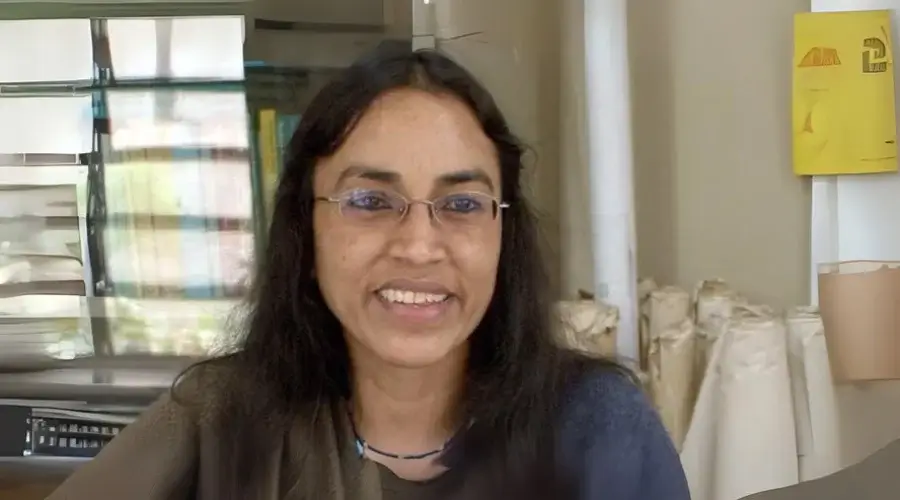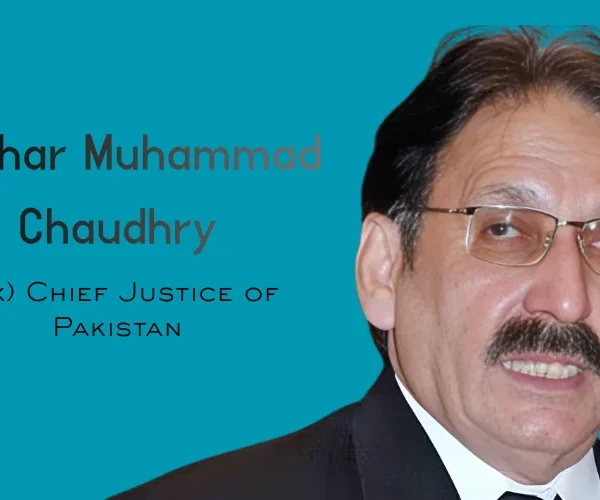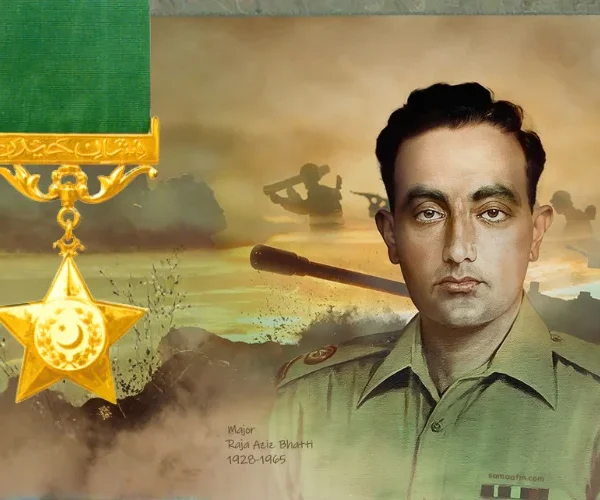Perween Rahman was a renowned Pakistani social activist, architect, and urban planner who dedicated her life to serving low income and marginalized communities. She became widely known as the director of the Orangi Pilot Project (OPP) in Karachi, where she worked on initiatives that provided affordable housing, water supply systems, and sanitation facilities to people living in informal settlements.
Her commitment to social justice and her ability to combine technical knowledge with community development made her one of the most respected voices in Pakistan’s urban planning and grassroots activism. She is remembered for her tireless efforts to create sustainable solutions for the urban poor and for her leadership in giving a voice to communities that were often ignored.
Early Life and Education
Perween Rahman was born in 1957 in Dhaka, which was then part of East Pakistan. Her family later moved to Karachi where she grew up and completed her schooling. She developed an early interest in design and community issues which eventually shaped her career in architecture and urban planning.
She studied architecture at the Dawood College of Engineering and Technology in Karachi and graduated with a professional degree. To further enhance her knowledge, she pursued a postgraduate diploma in urban planning from the Netherlands. Her academic training gave her a strong foundation in both technical design and community based solutions.
This educational background prepared her to address the challenges of housing, sanitation, and urban development in Karachi. It also equipped her with the skills that later became essential for her leadership role in the Orangi Pilot Project.
Career and Work with Orangi Pilot Project (OPP)
After completing her education, Perween Rahman joined the Orangi Pilot Project (OPP) in Karachi, a pioneering initiative aimed at improving the lives of residents in one of the largest informal settlements in Asia. She quickly became one of its most important leaders and was later appointed as the project’s director.
Under her guidance, the OPP focused on community based development by helping residents design and manage their own water supply systems, sanitation facilities, and low cost housing schemes. Instead of imposing solutions, she encouraged local communities to take ownership of their neighborhoods. This approach not only improved infrastructure but also empowered people by giving them control over their environment.
Her work at OPP became a model for urban development, showing that sustainable change in informal settlements could be achieved through participation, planning, and trust between residents and professionals.
Advocacy and Research Contributions
Alongside her leadership at the Orangi Pilot Project, Perween Rahman became known for her extensive research and strong advocacy for social justice. She carefully documented the realities of informal settlements in Karachi, mapping unplanned neighborhoods and exposing land grabbing practices that affected low income families. Her work provided valuable data for policymakers, journalists, and academics who often overlooked these communities.
She focused strongly on land rights, affordable housing, public health, and sustainable urban planning. For her, urban planning was not only about infrastructure but also about dignity and justice for marginalized groups. She produced papers, reports, and books that are still used as references in development studies.
Her activism was rooted in the belief that solutions must come from the people themselves. By combining research with grassroots work, she became a powerful voice for communities often left invisible, earning respect as both an academic researcher and a defender of social justice.
Also Read This: Shahzada Jamal Nazir Biography, Education and Family & More
Perween Rahman Documentary and International Recognition
The impact of Perween Rahman’s work gained international attention, and her life became the subject of a widely acclaimed documentary. The film highlighted her dedication to the poor communities of Karachi and showcased the achievements of the Orangi Pilot Project under her leadership. It also drew attention to the risks faced by activists who challenge powerful interests in urban development.
Her contributions earned recognition not only in Pakistan but also across the world. Scholars, development workers, and human rights defenders cited her as an example of how grassroots leadership can bring lasting change. She inspired young architects, planners, and activists to pursue careers focused on social justice and sustainable development.
Through the documentary and the acknowledgment of her work internationally, Perween Rahman came to be seen as a symbol of courage, professionalism, and compassion for the underprivileged.
Assassination in 2013
On 13 March 2013, Perween Rahman was assassinated in Karachi while returning from her office. She was targeted by gunmen in a killing that shocked the nation and sparked outrage across the world. Her death was widely seen as the silencing of a voice that consistently spoke against corruption, land mafias, and the exploitation of the poor.
Civil society organizations, the media, and international human rights groups condemned the attack. Protests demanded justice and highlighted the risks faced by activists in Pakistan who challenge powerful interests. Her assassination became a turning point that brought national attention to the safety of development workers and the urgent need for protecting those working on community rights.
Legacy and Impact
Perween Rahman’s legacy continues to live on through the Orangi Pilot Project and the countless people she inspired. Her vision of empowering communities to solve their own problems remains a model for grassroots development. Even after her death, her work is carried forward by colleagues and organizations that follow the principles she stood for.
She is remembered not only as an architect and urban planner but as a symbol of social justice in Pakistan. Internationally, she is celebrated as an activist who stood for the dignity of the poor, and in Pakistan her name is associated with courage and reform. Her story continues to inspire students, activists, and policymakers to fight for inclusive urban planning and equitable development.
Final Words
Perween Rahman’s life was defined by service, courage, and dedication to the poor. As a Pakistani social activist, architect, and urban planner, she transformed the way communities in Karachi approached housing, sanitation, and development. Her leadership of the Orangi Pilot Project turned it into a model of grassroots empowerment and sustainable urban planning.
Although her life was cut short in 2013, her vision continues to guide activists, researchers, and policymakers. She is remembered not only for her professional achievements but also for her compassion and commitment to social justice. Her story remains a symbol of resilience and hope for those who strive to create a more inclusive and just society.




